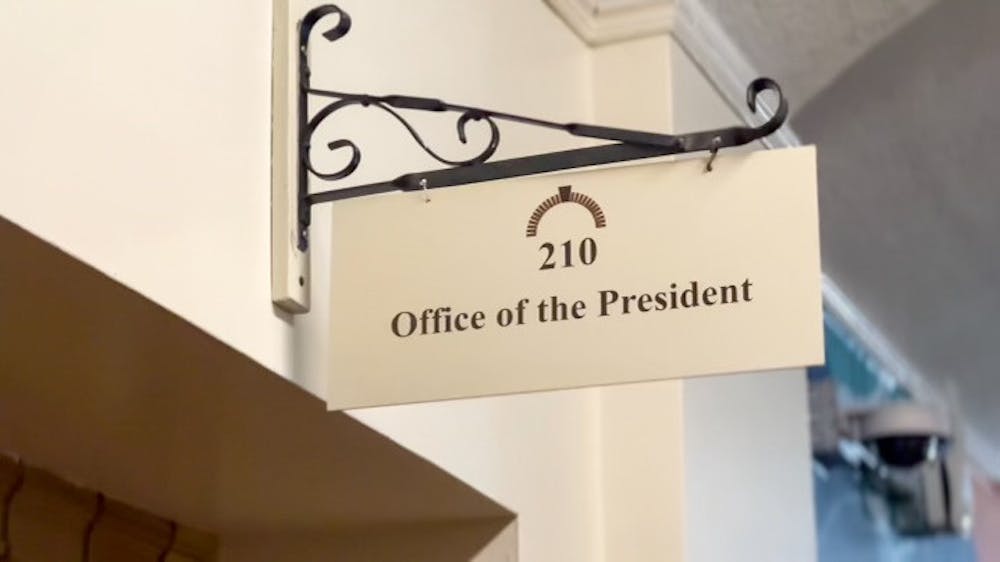By Tristan Weisenbach, Ally Uhlendorf and Isabella Darcy
Editor-in-Chief and Managing Editors
President Donald Trump has signed a slew of executive orders since his inauguration on Jan. 20. Many of the orders are wide-ranging, covering issues such as immigration, federal funding, diversity and inclusion policies, and more.
“An executive order is a directive by the head of the executive branch, the president, to the executive branch agencies or all the federal bureaucracy about how they should be interpreting the law going forward,” political science professor Sara Morell told The Signal. “While congress passes laws, the executive branch implements the law.”
As a public higher education institution, the College may feel impacts from some of these executive orders if fully enforced. Morell said there is “a lot of uncertainty” about which executive orders could affect the College’s policies and procedures.
Some directives issued by Trump target undocumented immigrants, increasing enforcement efforts to arrest and deport them. Michael Bernstein, the College’s president, declined a request for an interview at this time, but sent an email to the campus community on Jan. 28 announcing that “the college cabinet is closely following announced changes in policy coming from the federal government.”
Bernstein’s email directs students to the Dean of Students office for any questions or concerns related to federal policy changes. The president also wrote that if anyone on campus is approached by a federal official, they should direct them to the Office of the General Counsel in Green Hall. This office is the only entity on campus authorized to accept formal documents such as subpoenas.
A memo sent by Trump’s budget office days after his inauguration enacted a freeze on nearly all federal loans and grants. However, this memo was rescinded two days later after widespread confusion and concern, according to AP News.
“A lot of faculty funding comes from the research that we do, some of which is funded by the federal government,” Morell said.
Amidst the confusion, Christopher Fisher, interim dean of the school of humanities and social sciences, sent an email to HSS department chairs on Jan. 30 directing them to continue work on all sponsored awards unless otherwise directed.
School of Education Interim Dean Tabitha Dell’Angelo also sent an email to her school’s community, addressing an executive order that directs the secretaries of education, defense, and health and human services to work with the U.S. attorney general on an “ending indoctrination strategy.” This will be done through examining funding streams and building a plan that eliminates funding schools that have any K-12 instruction that “directly or indirectly support or subsidize the instruction, advancement, or promotion of gender ideology or discriminatory equity ideology,” according to the executive order.
“It’s really disheartening to know that your students won’t be able to understand the world as a whole and they’ll only get a tainted view of what Trump wants to see in classrooms,” junior elementary special education and history major Brendan Branosky said.
Trump has continued to sign executive orders, raising many potential situations for higher education institutions such as the College. It remains to be seen whether these executive orders will be fully enforced by federal departments and agencies.







